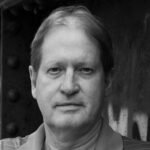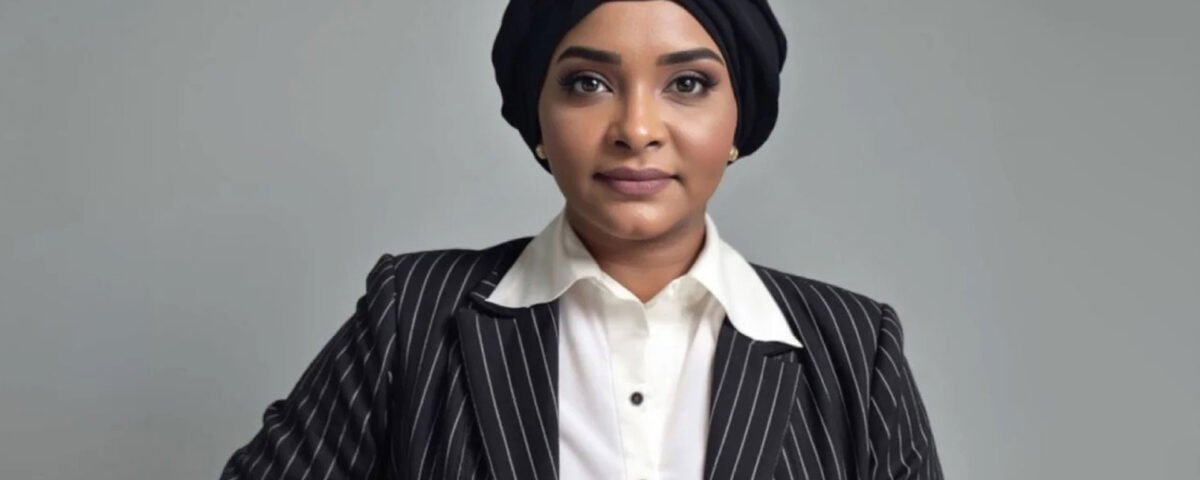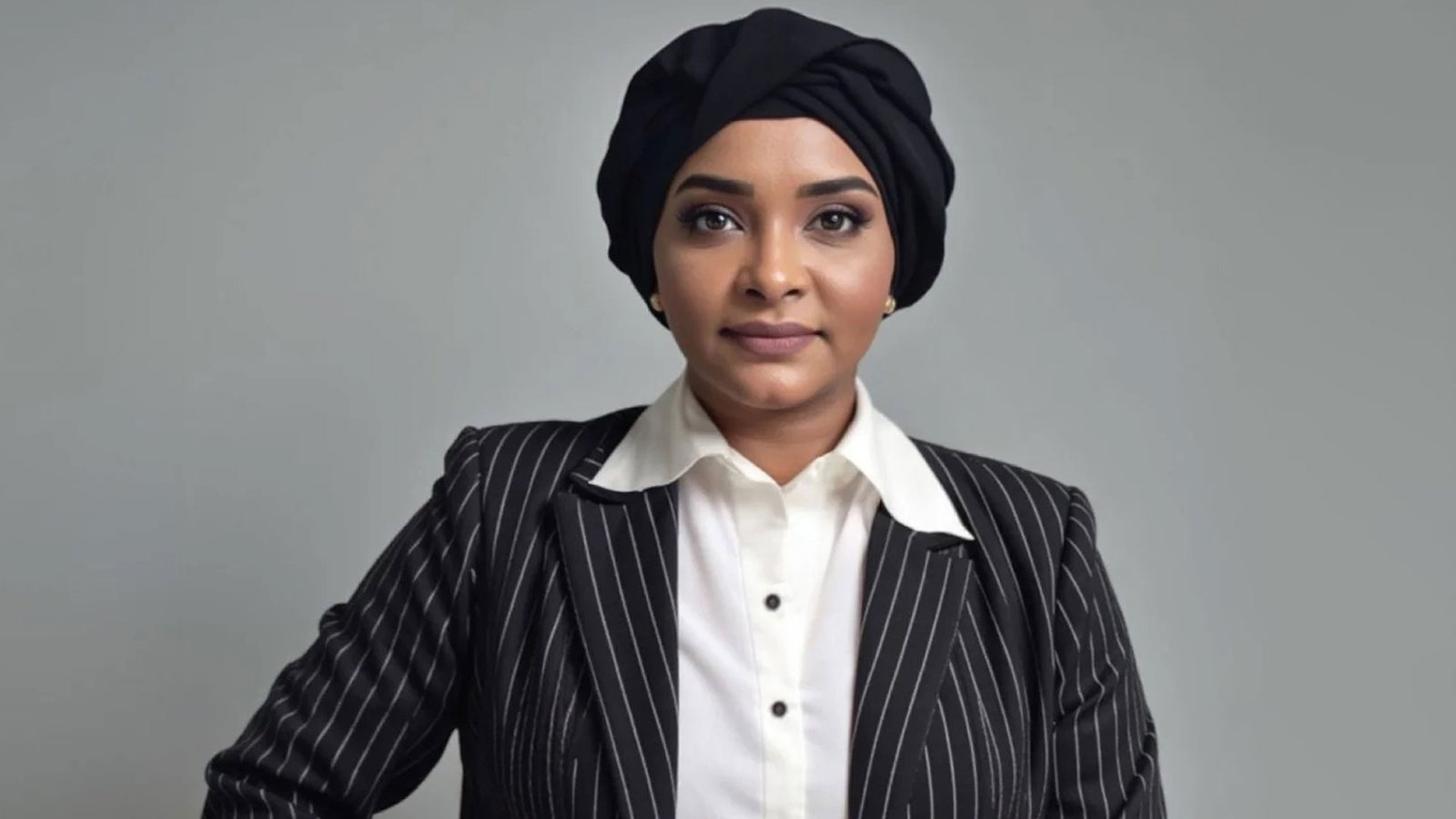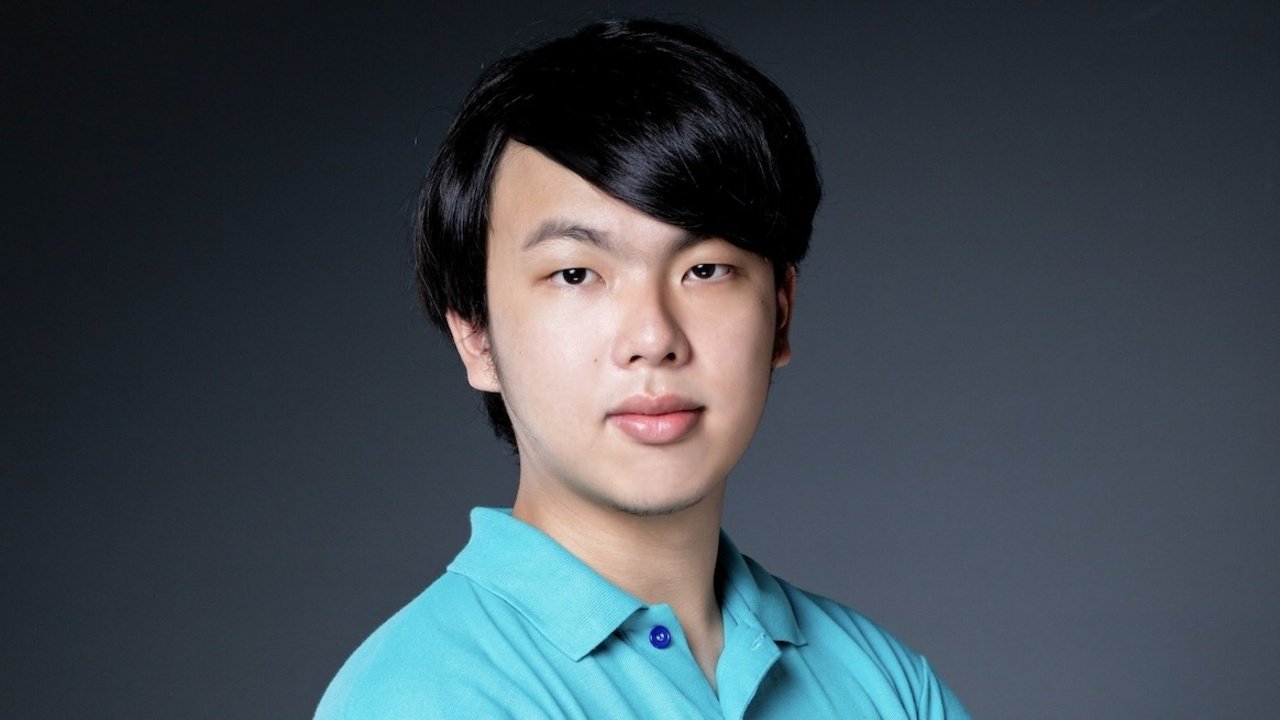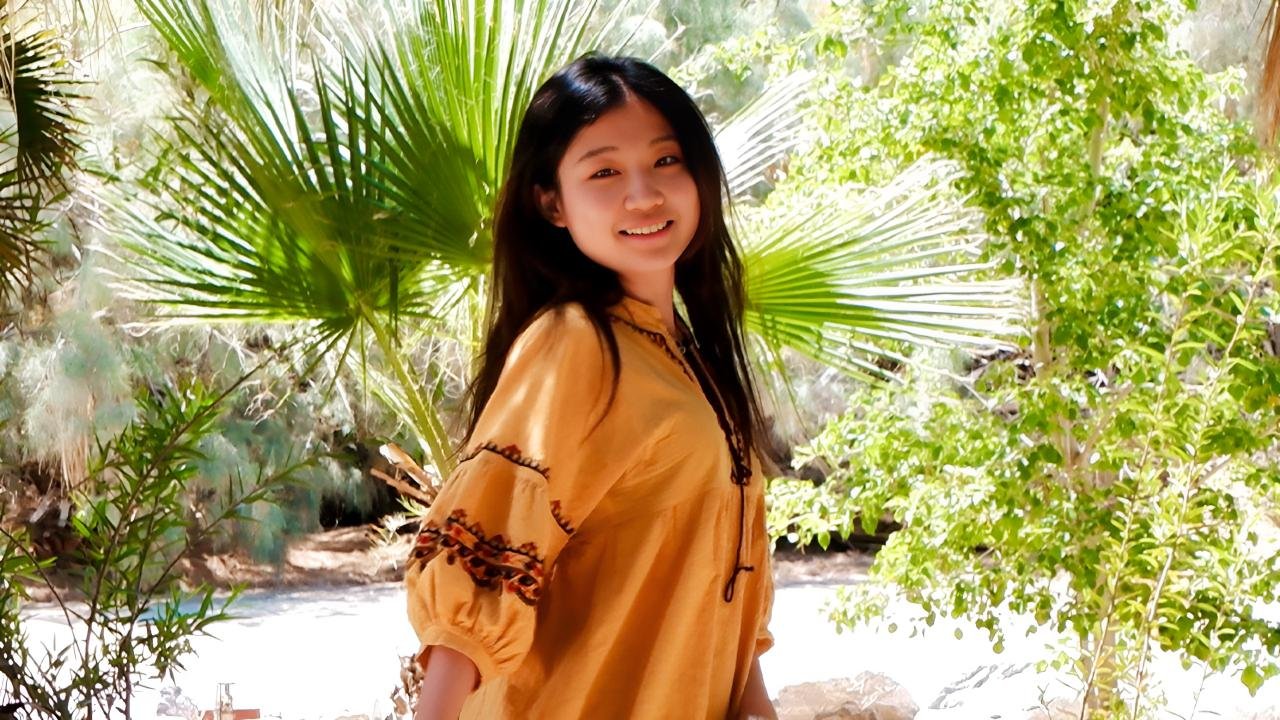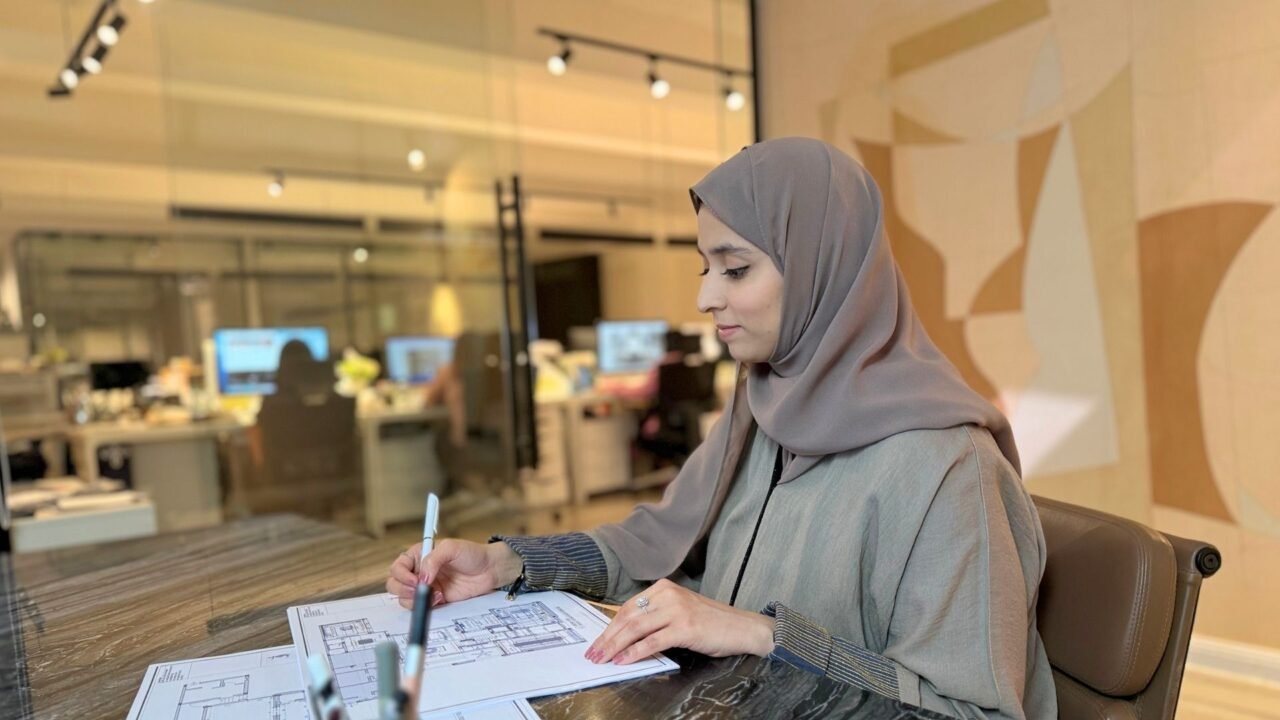1Congratulations on winning in the London Photography Awards! Can you share a little about yourself, what inspired you to pursue photography, and how has your journey evolved since your first shot?
Thank you for this recognition. I’m Rabab Faisal, a Sudanese photographer drawn to the poetry of everyday life. Since capturing my first image in 2011, I’ve been learning how to translate light and fleeting moments into visual stories.
Photography became more than a passion; it became a lens through which I understand the world, express emotion, and highlight untold narratives I deeply believe in.
2Can you share the story or inspiration behind your award-winning piece? How does winning this award make you feel about your journey in photography?
The winning photo was taken during a moment of deep reflection in a setting full of contrasts. It held both silence and strength. It represents my ongoing commitment to telling stories from the margins, stories often overlooked. Receiving this award affirms that honest, heartfelt photography has the power to resonate globally, no matter how humble or distant its origin.
3How do you decide which photo to submit for a competition?
I look for the image that stays with me. The one that makes you pause, return to it, and feel something unspoken. It must carry emotional weight, even beyond its technical elements. That’s the image I chose.
4What first made you pick up a camera?
Simple curiosity about light, about faces that seemed to carry stories without speaking. The camera became a new way of seeing and feeling the world around me.
5What’s your favorite type of photography, and why do you love it?
I’m drawn to conceptual and documentary portraiture because it allows me to merge thought and emotion, meaning and detail. It offers space for layered visual storytelling.
6What’s your go-to camera setup, and why does it work best for your projects? What’s your favorite feature?
I use the Canon Mark III with fast prime lenses like the 50mm f/1.2. This setup gives me beautiful depth, flexibility in natural light, and strong detail. My favourite feature is how it handles light—it helps me create poetic, emotional imagery that feels alive.
7If someone looked at your work, what’s the one thing you’d want them to feel?
A quiet sense of wonder, something that gently awakens a memory or emotion. I hope my photos touch something personal in the viewer, even if they can’t explain why.
8What was the most challenging part of capturing your winning shot?
Patience. Waiting for the moment that wouldn’t repeat itself. I had to be fully present, fully alert, and trust that the moment would come and that I would recognise it when it did.
9Is there a specific place or subject that inspires you the most?
Rural Sudan. It has a pulse of its own, a quiet rhythm that reveals the depth of people and the raw poetry of everyday life.
10Who or what has been your biggest influence in photography?
Life itself. My personal experiences taught me that images aren’t made by the eye alone; they’re shaped by feeling. I’ve also been inspired by photographers who combine beauty with responsibility, those who photograph with intention.
11What message would you share to inspire photographers to participate in photography awards, and what advice would you give to help them excel in the competition?
Present your work as a declaration of presence, say to the world, “This is me. This is my voice.” Don’t chase perfection. Focus on the truth. Awards are looking for new perspectives, not just loud ones.
12What’s one piece of advice for someone just starting in photography?
Consistency is more important than perfection. Don’t wait to master everything. Shoot, try, make mistakes, and learn. An honest image is more powerful than a flawless one.
13What role do editing and post-processing play in your creative workflow?
It’s an extension of the emotion I captured, not a transformation. I edit to preserve the essence of the moment, not to overpower it. Every touch must serve the story.
14How do you see technology, like AI, influencing the future of photography and your own approach?
AI will change a lot; it already has. It opens new doors for creation and archiving. But the soul of a photograph will always come from the human behind the lens. AI is a tool, not a replacement.
15If you could photograph anything or anyone in the world, what would it be?
I would document elderly women from diverse cultures, sitting in their homes, surrounded by quiet. Those moments before action, when life is paused, often hold entire histories in a single look.

